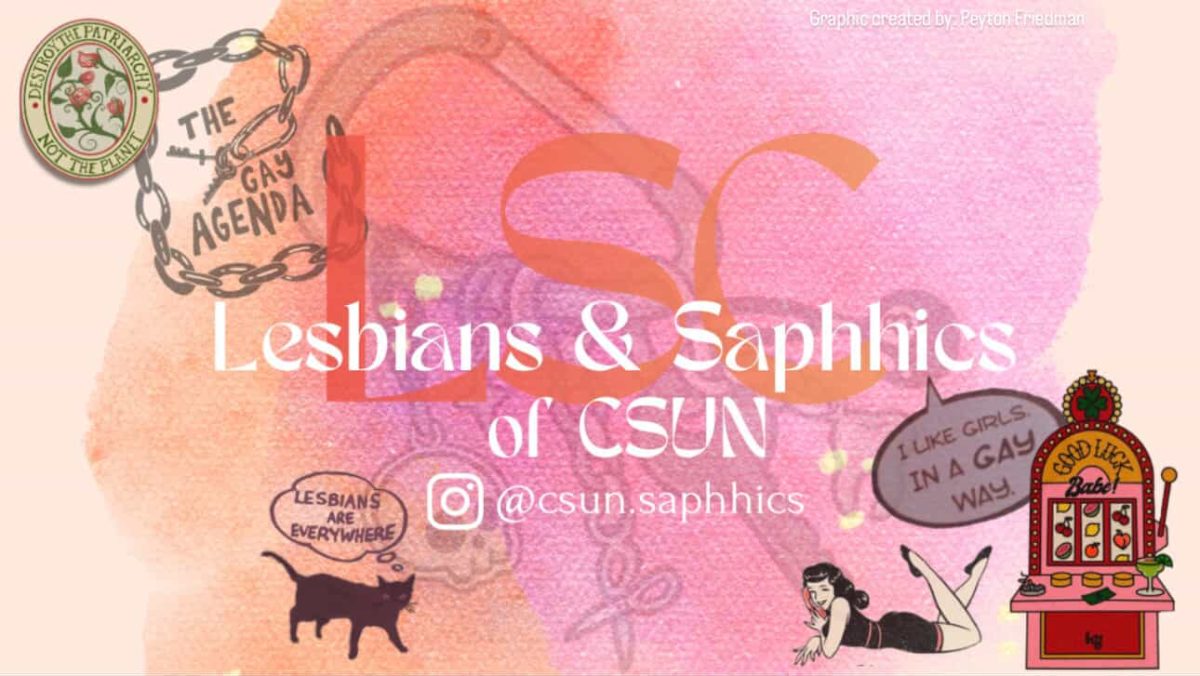A college degree should be a student’s golden ticket to securing a career, but higher education seems to be only doing a fair or poor job at preparing recent college graduates for the workforce according to a new study.
“A lot of people just graduate and they don’t know what it’s like to work or have a real job,” said Karen Ortiz, 23, who studies public health at CSUN.
While education policy makers and other leaders continue to emphasize the need for technology, math and science, a new national survey by the Northeastern University shows that most Americans and hiring decision-makers believe that being well-rounded as a student is more important than just having specific industry skills.
The report shows that about 62 percent of Americans say that the higher education system is not doing an adequate job to provide certain skills necessary to gain employment. Both groups said broadly applicable skills such as problem solving and writing skills are preferable over just having one specific skill, which colleges tend to emphasize.
Glenn Omatsu, professor of Asian American studies, said the problem is affected by the political atmosphere of America.
“In the last 20 years, especially for state institutions like ourselves, there has been an emphasis on continuation rates and graduation rates,” Omatsu said. “So colleges are pretty much judged based on how many students come in and graduate within X number of years. That actually puts a lot of pressure on institutions to have better graduation rates, which can then interfere with training students in terms of skills such as social interactions, communications and critical thinking.”
Randi Picarelli, a communication professor at CSUN, said technology and universities’ tendency to emphasize on certain subjects have affected what skills students come to acquire.
“Technology has certainly altered young people’s ability to communicate effectively, orally and in writing,” Picarelli said. “I think our emphasis on the hard-degree subjects like business, for example, de-emphasizes what we consider to be soft sciences or the humanities or people’s ability to think critically. I think we neglect these things or see them as unimportant.”
At the same time, Picarelli said she is not sure if preparing students for the workforce has ever really been her job.
“Universities were not (built) as a work-prep institution,” she said. “Our goal in any university was to get people to think more critically and to make them understand their role in the world and learn through the process of academia about issues of morality, ethics or citizenships.”
Casey Naves, 20, majoring in environmental and occupational health at CSUN, said students should rely not just on professors to get the best education or to become well-prepared for the real world.
“I think colleges try and do their best but it doesn’t always help,” Naves said. “It’s definitely something where they give you the foundation but it’s up to you to practice and exercise it yourself. There’s only so much that school can teach you.”
Internship could open many doors for students
Nine of 10 Americans and more than 70 percent of employers support experiential learning and internships, according to the study. They believe that integrating students’ studies with experience with a professional group leads to more successful employees.
“I’m doing an internship right now and it’s really important to me and cool to see what’s out there without having to actually commit to a job,” Naves said. “I’m definitely learning stuff that I’m not learning in school such as being in a professional setting and being able to interact professionally. That’s not really something you can learn in school.”
Danica Rozanski, 20, a child development major at CSUN, said internships are necessary because they can help find one’s true passion in life while saving time.
“I think it’s important because you get to figure out what you like and you’re not stuck with a job once you graduate and you end up not liking it and you’ve invested all this time,” Rozanski said. So I think it’s important to figure out what you like doing while you’re still in college.”
What skills are employees really looking for?
Omatsu says that students need to understand that having a good grade point average, a letter of recommendation and majoring in certain subjects doesn’t always translate to landing a well-paying job.
“If you were to ask students what employers are looking for, I don’t think most students would pick skills such as social skills, communication or critical thinking,” Omatsu said. “They will probably pick out having high grades and being able to master certain academic matters. They take the other skills for granted.”
Steven Park, a junior studying biology, believes that getting a job requires more than just a bachelor’s degree.
“Employers are looking for everything. Really good grades, experience in the field and probably community service as well,” Park said. “What really sucks is that it’s not about what you know anymore, it’s about who you know.”





